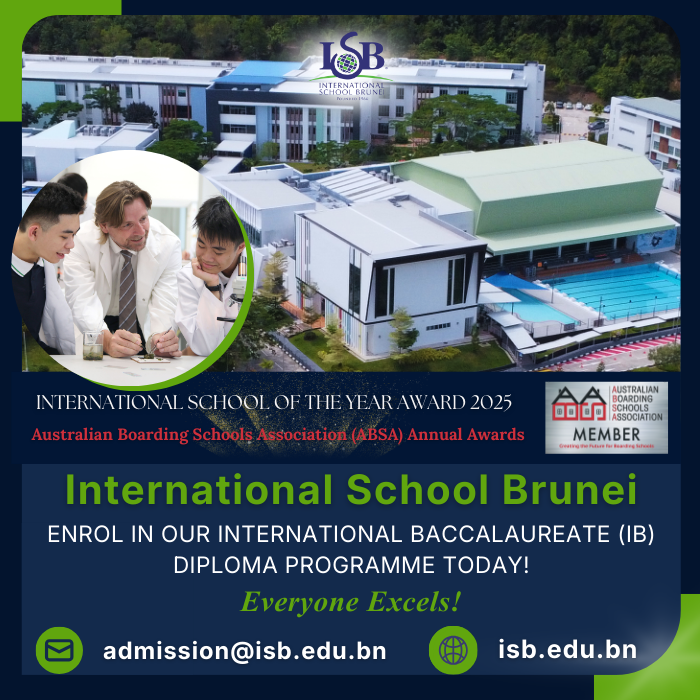What are the Options after Secondary School in Indonesia?
After a student has completed their secondary education, students will proceed to Advanced School (Sekolah Tinggi) to further their studies. Students have the option of taking a four-year diploma programme or proceed to obtain an undergraduate degree known as Sarjana 1 (S1). The Diploma has four levels. The programme starts at Diploma I, where students take around two to four semesters of classes and complete 20 to 50 credits. After that, students will proceed to Diploma II which takes four to six semesters to complete and students have to complete 80 to 90 credits. Then, Diploma III requires a student to complete 110 to 120 credits over six to ten semesters. The final level is Diploma IV where students take 144 to 160 credits in eight to fourteen semesters. As for the undergraduate degree program known as Sarjana 1 (S1), students will go through four years of classes where they are required to complete a total of 144 to 150 credits through their course work and a final thesis before graduating.
Courses taken after Secondary School
Courses taken in diploma or undergraduate courses usually consist of general education subjects such as Pancasila (Indonesian state philosophy), history, languages to name a few. The type of credentials that are awarded in Indonesia ranges from Sarjana Sains (degree in science), Sarjana Ilmu Sosial (degree in social sciences), or Sarjana Ilma Komputer (degree in computer science) and many others.
Types of Universities in Indonesia
Indonesia has higher education institutions (HEI) ranging from institutes, advanced schools, universities and many others. Most of these are secular and there are a small number of HEIs that are religion-based. The majority of these HEIs are privately owned. However, public institutions in Indonesia have better reputation on a local and global basis. Universities in Indonesia also offer various undergraduate and even graduate programs for students.
How do you apply for Universities in Indonesia?
Students in Indonesia or students planning to further their studies in Indonesia should start early and do as much research as possible before choosing a university programme. It is important not to follow what friends are doing or choose a course because the course seems easy. Information is readily available online with course structures, fees, duration, career prospects and many more. In addition, students need to make sure they meet the entry requirements and have the qualifications needed to enrol in a particular course. Students can also visit Open Days and higher education fairs to see what options are available to them.
References:
- https://www.justlanded.com/english/Indonesia/Indonesia-Guide/Education/Higher-education
- https://wenr.wes.org/2019/03/education-in-indonesia-2
































